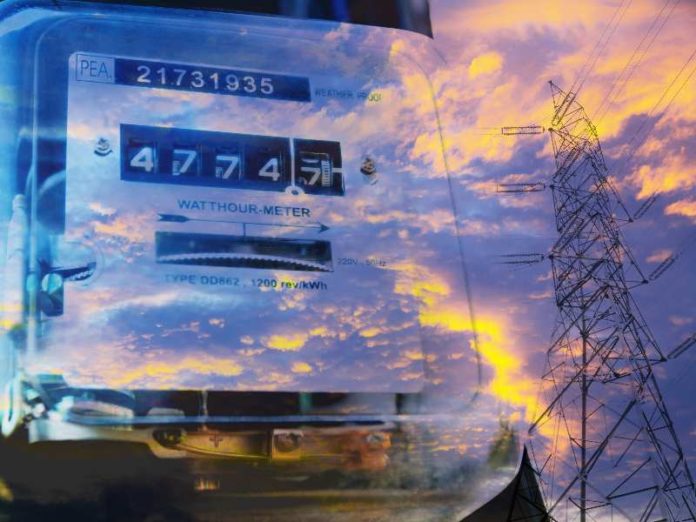
Standards, interoperability and consumer access to real time data are some of the aspects that need to be addressed.
In a ‘Smart talk’ hosted by VF Holding CEO Jovan Vujasinovic, three experts – Sergio Lazzarotto, Executive Director of the DLMS User Associations, Roberto Zangrandi, Secretary-General at E.DSO for Smart Grids, and Tomas Llobet, Managing Director of ESMIG – gave their views on various issues on the next steps for smart metering in Europe.
With much of the discussion focussed on smart cities, Lazzarotto pointed to the challenges of the many different standards needed, while Zangrandi stressed the need for ‘plug and play’ and the challenges of achieving that.
He also noted the presence of different generations of smart meters with different data availabilities, which may present difficulties with delivering flexibility for example.
Llobet commented that a full deployment of smart meters would be needed for a smart city. In this context there is a need for all organisations and sectors to work together, including legislators and regulators with the need for speedier implementation.
“The lack of speed is an issue. We are champions in getting consensus but not so good when it comes to implementing,” he said.
Lazzarotto added that what also is lacking is to ensure that legislation and industry standardisation run in parallel and that the respective parties are working towards the same objective at the same time.
Zangrandi noted in the smart city context the need for interoperability not only within the electricity system but across others such as water and district heating.
“We specialise in electricity but we must not lose sight of the other system operators.”
He also mooted the idea of a technology sandbox to experiment with future standards and scenarios.
Lazzarotto highlighted the large volumes of data that are produced by smart meters and it needs to be decided what is most useful in the consumer world, and how and in what form it can be delivered bearing in mind issues such as confidentiality and security.
“The challenge is how we open the data up in real-time and how, to whom, for what?”
Llobet confirmed the need for consumers to see the benefits of the technology and the need for automation but pointed out that unlike UK where home displays were mandated these have not been widely delivered in Europe.
“The smart meter is a powerful device that can help consumers reduce their bills,” he said, adding that prosumers are at the centre of the energy system and consumers should be at the heart of the smart city.
“The technology is there. It needs to be deployed and put into operation and used to its full potential.”
The three speakers agreed in the discussion that a key for the next step is a focus on home energy management systems and a multi-utility approach.